The Entrepreneurial Accountant: The journey to going solo
The power of owning your space
6 July, 2023
The founder of Jo Wood Virtual FD and co-host of the Bookkeepers’ Podcast talks about the value of being a key person of influence.
Does your practice have a niche or do you offer as many services as possible? And how do ensure you own your space?
Jo Wood is the founder of Jo Wood Virtual FD, she runs The 6 Figure Bookkeeper and is the co-host of the Bookkeepers’ Podcast.
Following on from her previous episode, How to start a bookkeeping business, check out what she has to say about offering the services that resonate with you, the onboarding process, putting yourself out there, and much more.
Here’s what we cover:
- Running the best practice possible
- Providing expert advice to clients
- Tech is important but so is expertise
- Being a key person of influence
Running the best practice possible
Mike Psaras
Welcome to the Entrepreneurial Accountant. Today, we’re joined by Jo Wood.
Thank you so much for joining us today.
Culture, I think, is really important.
The culture you’re creating in a business, you’re fortunate that you have got to a point where you are in a lovely opportunity to create a culture that is passionate and enthusiastic about accountancy, bookkeeping, and passing that on to your clients.
Jo Wood
I want everyone around me to succeed. If it’s only me succeeding, then that feels horrible and lonely.
Everyone needs to come, and that’s clients and – and I think when you start taking on… and I think this helped with the fact that I’ve got The 6 Figure Bookkeepers’ Club, and I’ve got lots of people watching me.
It means that I have to be running the best practice I can, possibly. I’m going to make mistakes, and I own up to them.
I go into the group all the time and say, “I’ve messed up, this is wrong, I’ve lost a client, that didn’t work out well,” because I think it’s all about sharing the ups and downs.
But when you’ve got lots of people watching you, it does make you perform the best.
It’s a bit like when someone says, “I’m coming around in 10 minutes,” and then you’re the best cleaner in the world for those 10 minutes, it’s because people are going to come and see what’s happening.
So, I think, actually, if you can have another bookkeeper or another accountant that it’s in business, similar size to yours, that you can talk about a community, that you can share and be really open with, and hold it each other accountable, there’s so much value to be had like that.
Because I think as well – because we’re running, actually, our businesses are very different, because we’re responsible… not that we’re 100% responsible, but I feel responsible for all of my client successes.
So, actually, we’re running however many clients’ businesses that we’ve got.
That’s quite a lot of responsibility. So, I think you do have to add a bit of fun and make it a bit more lighthearted.
I’ve seen the people that have got 200 tax returns to do in January and all that. We’ve made it so that – I think we’ve got two left.
Mike Psaras
Wow!
Jo Wood
We’re not having that kind of – it’s just a non-negotiable. I don’t want to have that kind of business.
So, again, we get to choose.
Providing expert advice to clients
Mike Psaras
Yes, boundaries are really important.
And, as you said at the beginning, that onboarding process is so, so important, because that is your first opportunity and probably the most important opportunity to set the tone of what you expect, and whether it’s going to be a long-term relationship.
And I think that’s what all accountants and bookkeepers want.
You want client retention. You want this thing – I’ve heard it called long-term gains with long-term people, because that’s when you see the most return on your investment.
Because onboarding a client is tough. Getting them to learn how you work is tough. Getting them disciplined to give you stuff monthly – we barely do monthlies, because I find it, at least, difficult to get people on board, because a month goes by like that.
So, you were talking about how you don’t do the compliance, and you have the accountant, and the accountant is looped in when he needs to know.
If you are a bookkeeper, and you don’t do year-end, and the software is evolving, and now it’s like, “Do you know what, now you can do year-end accounts, and now you can do the corporation tax return.”
Do you think we’re going to see a bit of an evolution into bookkeepers trying to dip into that territory?
And if so, do you think that’s an opportunity or do you think it’s more of a pitfall?
Jo Wood
So, I’ll talk for myself and the community and the kinds of trends that are happening there.
I think it’s a bit like the adverts that are on TV.
Your clients could do the bookkeeping as well, would we advise them to do that? Do they have the knowledge and the insight? They can do it. Are they going to do a good job? Most probably not.
And I would question, it’s all about your training, and understanding, and experience. For me, I know where I can add value, and that’s where I’m going to stay.
I’m going to stay in my lane and add value there. And if the software enables us to do things more streamlined and we get the support from – and he’s like, “Yes, if you can go and produce that, and I will oversee it,” maybe there’s something to be done there.
I really do think you need to know where you add value.
What you want to do. What are your goals? Do you want to be all things to all people?
I see it in the salons as well, they offer every service under the sun.
And I say to them, “You’ve got that laser machine that you spent £100,000 on in a dark room in the corner, and you’ve not done anything with it,” because they felt they had to offer that high-end service.
But then they haven’t really got the confidence to see it through, or they haven’t done the training, or it’s not up to date.
When you think about CPD, what do you want to be doing that on?
To be honest, with regards to the VAT, the payroll, and the CIS, and the daily bookkeeping, the management accounts, I’m fine, I’ve got enough on my plate.
I don’t need to be learning the ins and outs of tax, and R&D, and everything. I’m happy to give that over to an expert.
Because actually what I want is my clients to experience expert advice.
And so, for me – but then what I’m doing is, and I like doing, is learning more about other things, and about mindset, and goal setting, accountability, and how to… and business. So, I want to do more of that. So, for me, it’s not for me.
But for somebody else, they might get a kick out of learning and training in that area. And if they think they can do it, and if they can add great value, then of course.
And I think we’ll find lots of different people at different stages.
I’ve got people in the community that do bookkeeping to bank reconciliation and nothing else. They don’t do VAT. They don’t do payroll. And they don’t want to do anything. And they’ve got good clients, big clients, and someone else steps in afterwards and does the wages journals, does the prepayments accrual.
They just do that, and they stick in their lane. And that’s absolutely fine.
This is the beauty. We get to choose. We get to design the business we want to do. We get to be experts in whatever part.
There’s so many areas to the industry that we’re in, I think we’re really lucky. We get to be – and then you might just want to work with landlords.
You might want to work with MTD for ITSA, and just really go – you get to choose and design, and be the known person in that space, and I think that’s really powerful.
So, I think, yes, we could, but I wouldn’t necessarily advise it. Just because you can, it doesn’t mean you should do it.
And are your clients actually going to benefit from that? Do you really know enough, or would you be better off learning a bit more about business, and giving them a bit of advice on what you’ve already got in front of you?
Tech is important but so is expertise
Mike Psaras
I love that very, very above-the-line answer to the question. Keeping it positive.
But yes, there is inherent risk in stepping beyond what you know very, very well.
Almost final question, but in keeping with that bit about it being low barriers to entry, obviously, it being such a competitive place, so many people wanting to come into the space because it’s good money, there’s a lot of opportunity, you can always improve.
All these things that we’re talking about.
Recently, I’ve seen a significant increase in businesses offering, particularly, offshore bookkeeping services, but also some tech companies offering resource solutions by keeping the bookkeeping almost within the software under the same roof.
How do you see kind of newcomers into the bookkeeping industry playing a role in the future of bookkeeping itself?
Jo Wood
I think there will be service providers for everyone that will fit and support their goals.
And maybe a big company could outsource some of this, and then they’ll have someone in-house that’s going to tidy up and sort this out.
So, it really is about what it is you need.
As a client, as a business owner, wherever you’re on your journey, are you equipped with enough knowledge around the finance function to be able to outsource successfully?
What I find is, what a worry is when someone’s trying to hire a bookkeeper, but they don’t actually know what a bookkeeper does.
Some of my clients have reached a point where they say, “Actually, the amount we’re spending with you, we could have somebody in-house.”
I’m like, “Yes, you could, but here with us, you’ve got a team of six different individuals that are working on your business that you can call.”
And so, holiday doesn’t matter, sickness doesn’t matter, we’re always here, we’re always learning and growing ourselves.
So, we can provide that, but sometimes an employee can’t.
But software, I think utilise it where you can, but know where its limits are, and when at a point you need an expert to interpret what’s coming out.
And you need to have someone that knows when something is going wrong.
Sometimes with technology… is it going to do the wages journals at the end of the month, so is your P&L actually going to be correct, or does it not do that?
Would you know that it needs to do that if you’re buying software that you’re not an expert in?
Being a key person of influence
Mike Psaras
You said a few times that you like to read.
Jo Wood
I do, yes.
Mike Psaras
And I kind of wanted to peek in a little bit as to what some of those resources might be, and if you have a book recommendation.
Jo Wood
Ah-hah. So, I’ve got an old one that I started with so many years ago, and I revisit it often. And it’s kind of a bit dated now, but the principles are perfect.
So, it’s called The E-Myth Revisited by Michael Gerber. It’s one of the best-selling small business books of all time.
I don’t even know when it was first – this is the revisited one, and this is ancient.
But it’s really about how we decide – we have this entrepreneurial myth, this thing of thinking, “Oh, I know whatever I do in my day job I can turn into a business because I’m doing the work, the technical work really well. I’m doing the technical work so I can run a business.”
And what we do is we create a job for ourselves.
We create a job where we are the service provider, the technician in the business, but we forget about the operational and the managerial side of things.
And actually, as you know by me talking is that I’ve completely removed myself from the technical, and now I focus on all the other elements of the business and have a team.
But through systems and processes, that now do the technical side.
And it’s a really big mindset shift because we think we start a business to do the work. But that has been a book that I revisit, that I talk about, that I recommend all the time.
So, that would be my number one.
And another one – there’s a couple. Key Person of Influence by Daniel Priestley.
It’s about setting yourself up with a personal brand, realising that you and your brand are so important to getting yourself out there, to getting yourself heard.
I read the book, I think, 2014 for the first time. I’m actually going to go and meet Daniel Priestley next month at an event, and I’m really excited. His books are amazing.
But it’s about realising that to raise your value and your credibility, you need to start getting yourself out there, and all the ways that you can do that.
So, talking on that is that I’ve actually written a book, me and Zoe Whitman who is my business partner with 6 Figure Bookkeeper.
And our book is called The Bookkeeper Rises, and it’s a five-step framework for success in your bookkeeping business.
And the first half of the book is all about how to set up a bookkeeping business.
And the second half is 35 inspirational stories from people in our community who have set up themselves all around different circumstances around health, around redundancy, around children, and how they’ve managed to build successful businesses even though they’ve done it when it shouldn’t have really worked out for them.
And so, I’m hoping that that will be a book that bookkeepers will love to read, and accountants that are in a practice, maybe starting up for themselves. It’s all the same principles.
So, yes, it’s exciting to have our own book. But Key Person of Influence by Daniel Priestley is like to get your credibility stamp, you need a book.
So, that was building up our own assets as an individual rather than just focusing on the business as well is really important, to give us choices in the future.
Mike Psaras
And definitely because people buy into people not businesses, right?
Jo Wood
Absolutely. Absolutely.
You can tell them all the stuff but they’re only going to remember how you made them feel. And you have to learn this stuff.
You have to learn how to have that impact on people.
Mike Psaras
Wicked. Oh, I’ll tell you what book I’m reading.
Jo Wood
Oh, yes.
Mike Psaras
I’m so basic. Have you seen this?
Jo Wood
No.
Mike Psaras
This is really cute, I would say.
Jo Wood
Yes.
Mike Psaras
It is basically a guy went to – I can’t remember, a business school in America. And it’s basically MBA notes visually. It’s kind of cool. Let’s see if I can open any.
Jo Wood
Oh, interesting.
Mike Psaras
Love a picture. But yes, it’s basically like – I don’t know if you ever did, when you did AAT or in school or anything, like business studies that kind of managerial accounting, business finance, marketing, negotiation, strategy, all that kind of stuff.
Jo Wood
Yes.
Mike Psaras
Basically, what you learn in an MBA, but really distilled into pictures. But they’re really nice, it’s kind of more memorable.
Jo Wood
I like that idea. Yes, what a great book.
And I love the whole idea of the MBA, and I wish we had more of it over in this country because it’s such a massive thing over in America, isn’t it?
Mike Psaras
Yes, it is. And he’s like – well, it says here a quick guide to everything you’ll learn in two years in business school. So, I thought, do you know what…
Jo Wood
Well, exactly, and you can pass all that knowledge on to your clients.
Mike Psaras
Well, exciting news about the book. I had no idea. Solid plug, I hope everybody reads it. I definitely will be reading it when it comes out. So, good luck with it all. I hope it goes really well.
I just want to say thank you for everything. It’s been a really, really amazing episode. I think it’s going to come out really well because you’re just so open, and honest, and free flowing, and lovely.
Jo Wood
Ah, thank you.
Mike Psaras
To make sure you catch every episode, subscribe to the channel, or sign up to the Sage Advice newsletter at the bottom of the page.
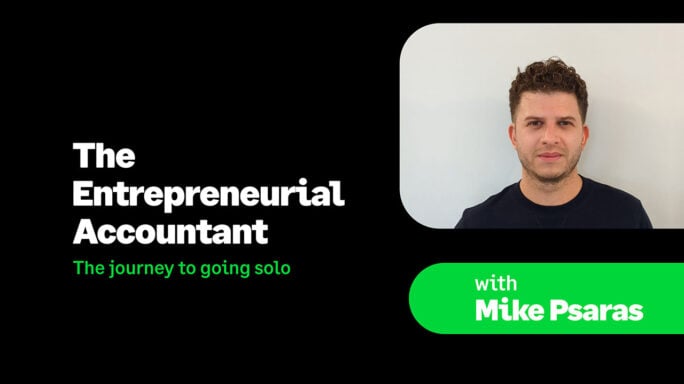
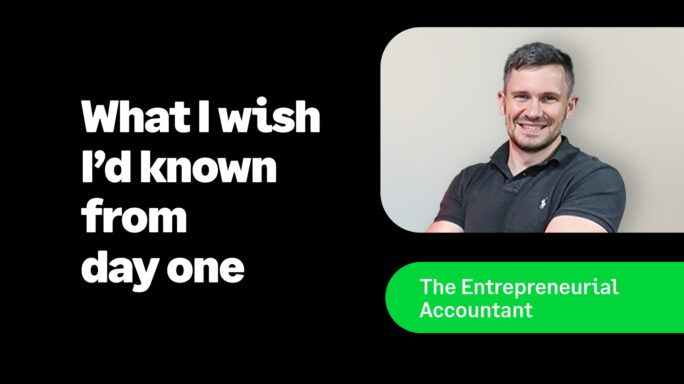
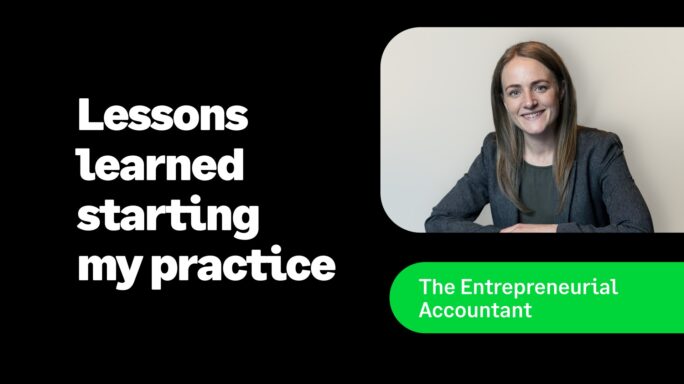
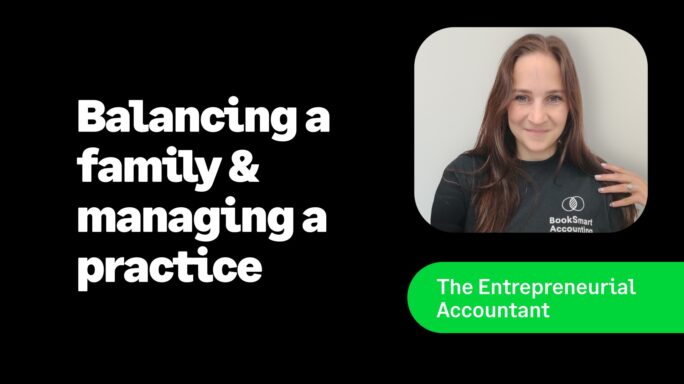
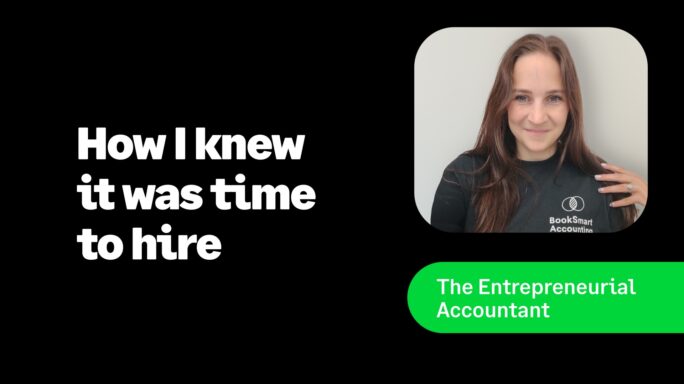
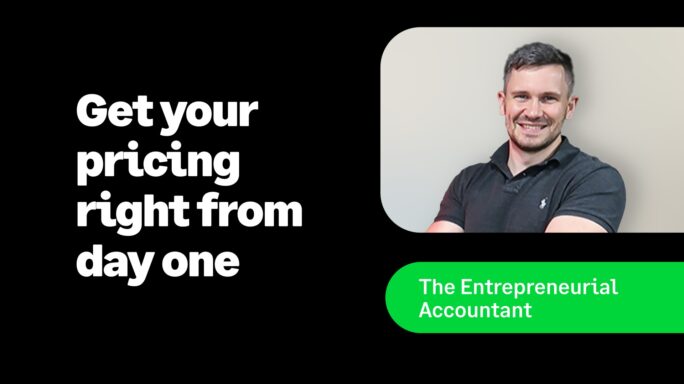
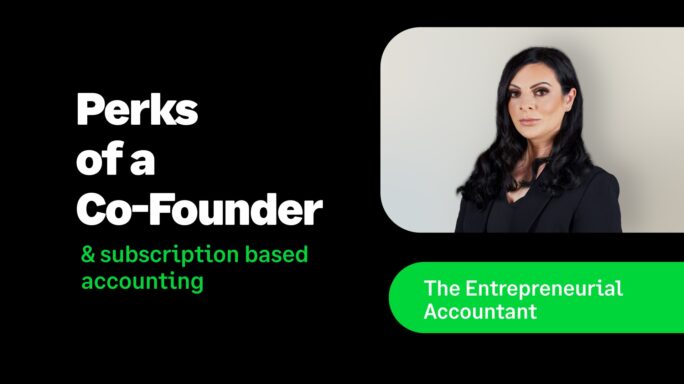
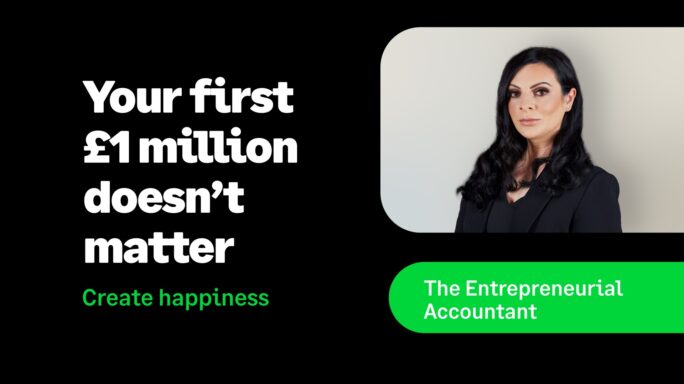
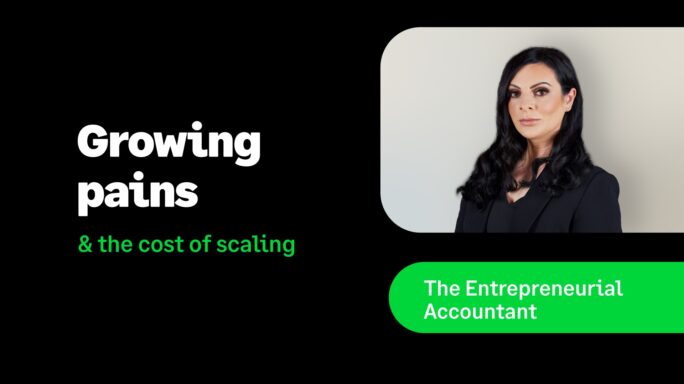
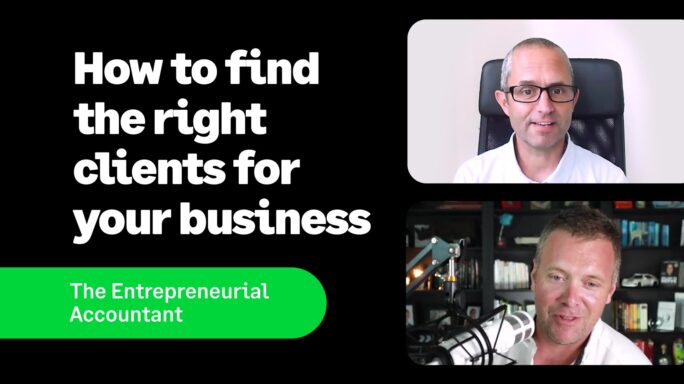
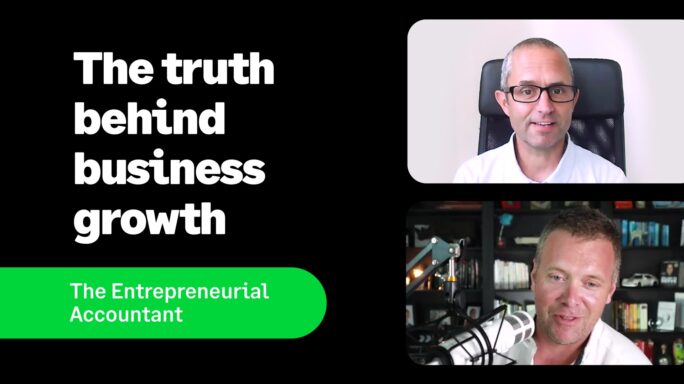
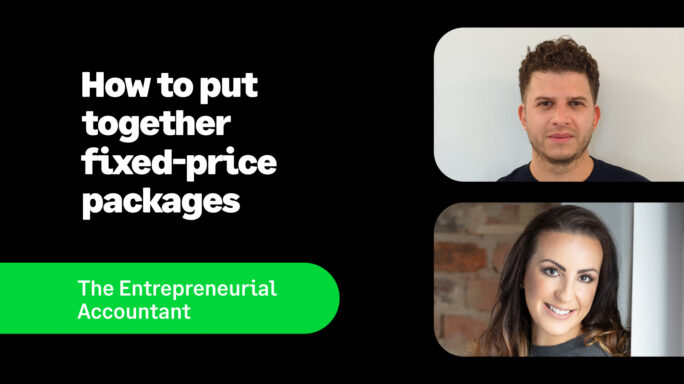
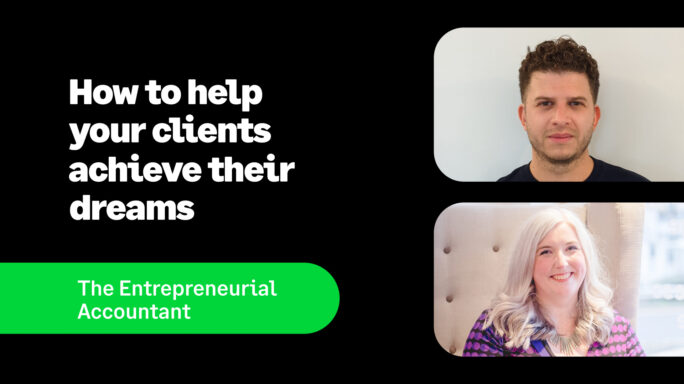
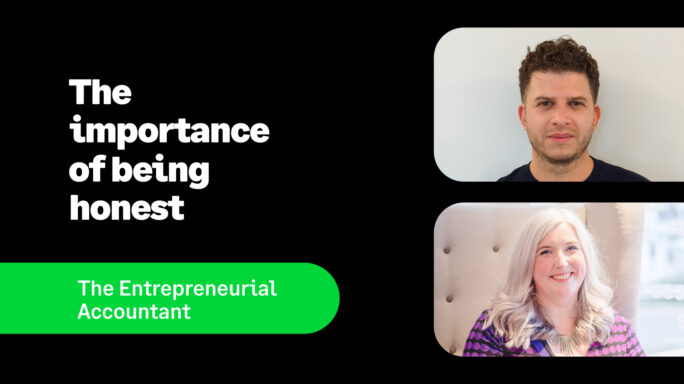
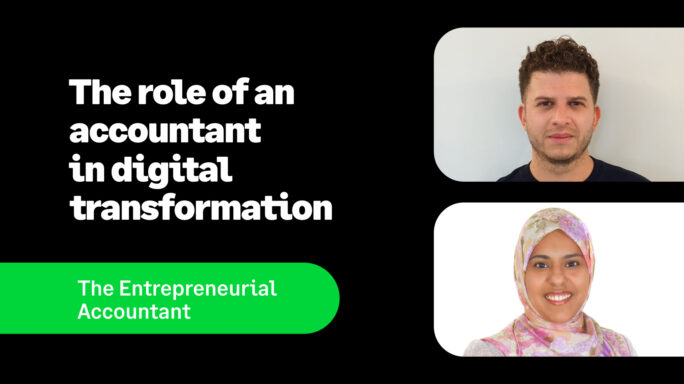
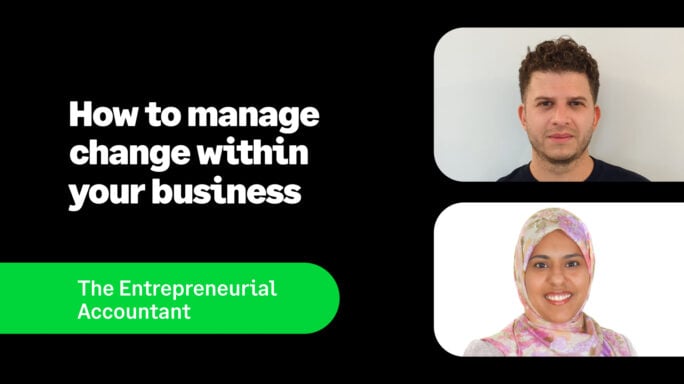
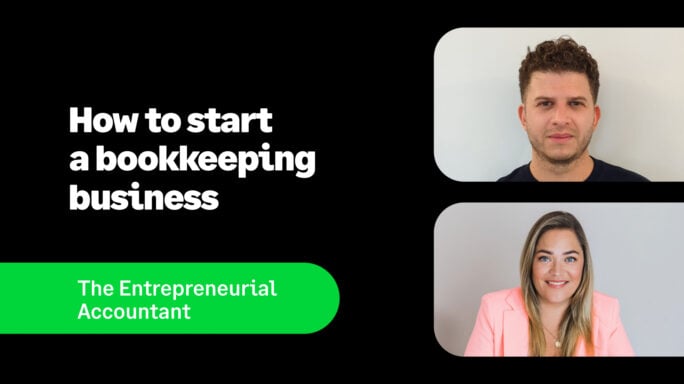
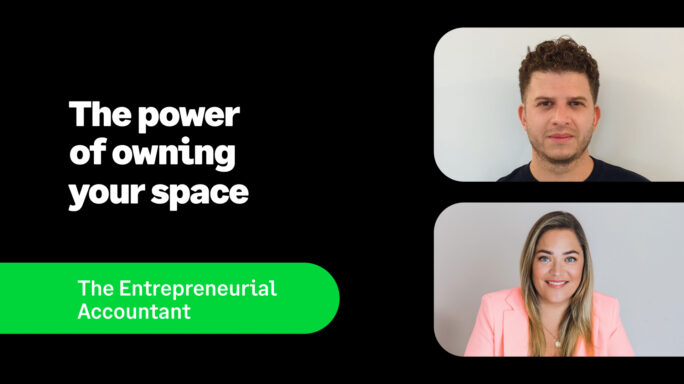
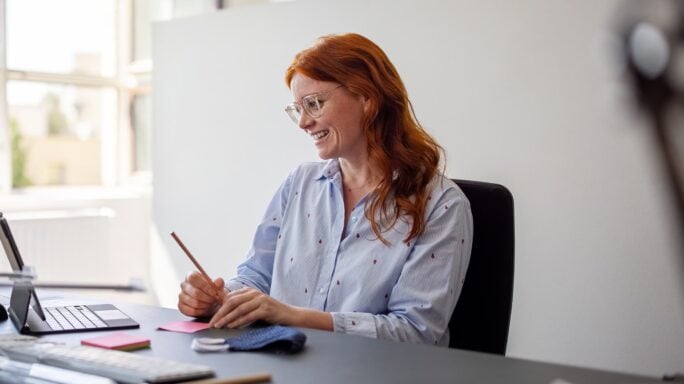






Comment below